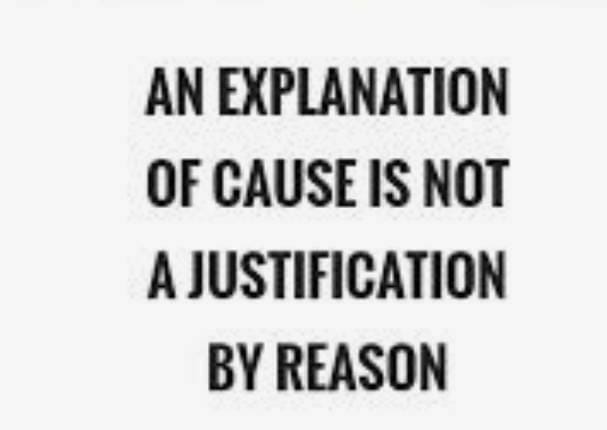An experiment was conducted by the Harvard psychologist Ellen Langer in the 1970s.
For this, she went into a library and waited at a photocopier until a line had formed.
Then she approached the first in line and said: “Excuse me, I have five pages. May I use the Xerox
machine?” Her success rate was 60 percent.
She repeated the experiment, this time giving a reason: “Excuse me. I have five pages. May I use the
Xerox machine because I’m in a rush?” In almost all cases (94 percent), she
was allowed to go ahead.
This is understandable: If people are in a hurry, you often let them cut into the front of the line. She tried yet another
approach, this time saying: “Excuse me. I have five pages. May I go before
you because I have to make some copies?”
The result was amazing: Even though the pretext was paper-thin—after all, everyone was standing
inline to make copies—she was allowed to pass to the front of the line in
almost all cases (93 percent).
The stock market by its very nature is volatile and prices move up and down every day but for every rise and fall we look for a reason, a ‘because’, an explanation, a cause, only to retrace it the next day.
When you justify your behavior, you encounter more tolerance and helpfulness.
It seems to matter very little if your excuse is good or not. Using the simple validation “because” is sufficient.
It seems people are addicted to the word “because”—so much so that we
use it even when it’s not necessary. If someone asks why you have yet to complete a task, it’s best to say:
“Because I haven’t got around to it yet.”
It’s a pathetic excuse, but it usually does the trick without the need to scramble for more plausible reasons.
Never leave home without “because.” This unassuming little word greases the wheels of human interaction. Use it unrestrainedly and Stay Blessed Forever.

